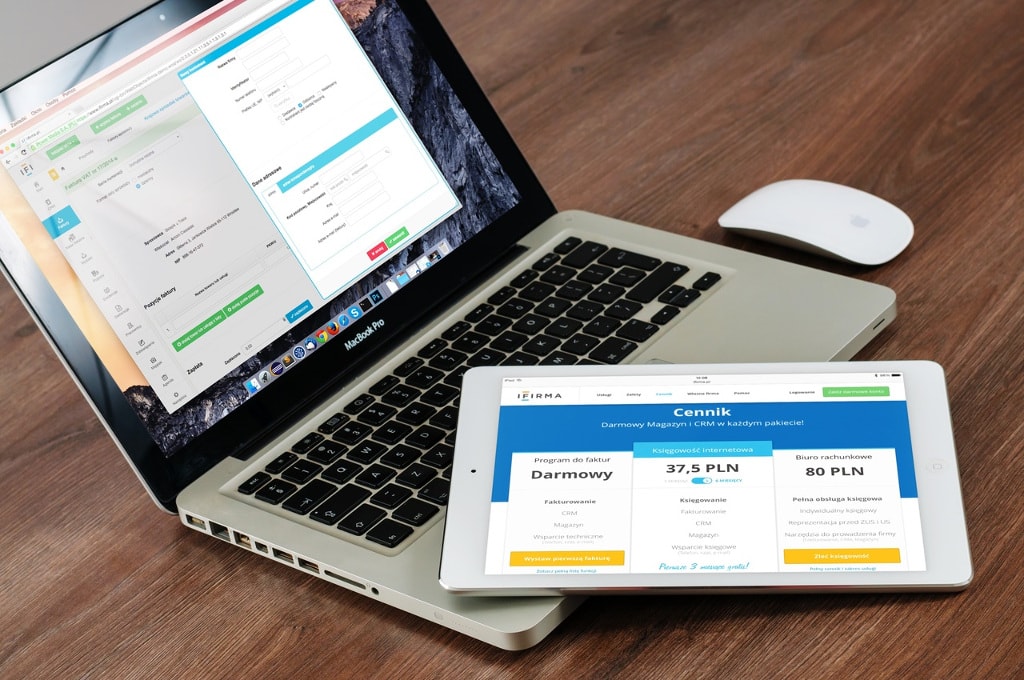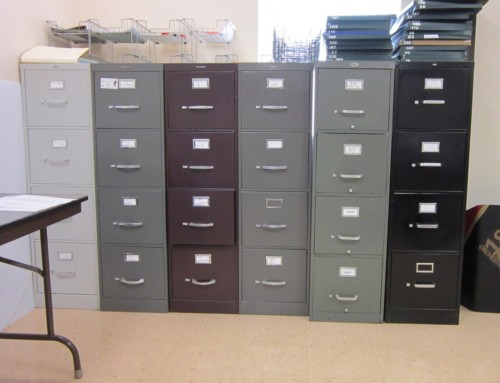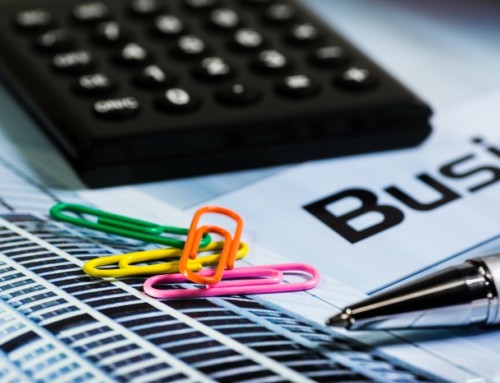ZIMSEC O Level Principles of Accounts Notes: Introduction to Control Accounts
- We have already pointed out that errors do occur during the bookkeeping and accounting process
- Some errors can be revealed by creating a trial balance
- Control Accounts are another mechanism that can be used to discover errors in the books
- Control Accounts are used to minimize errors as well as deter and prevent fraud
- A control account is an account in the nominal/general ledger in which a record is kept of the total value of a
number of similar but individual items - A business is free to prepare control accounts of whatever nature it desires but typically the following control accounts are kept by most businesses:
- Debtors’ Control Account also known as Sales Control Account which shows a summary of accounts receivables
- Creditors’ Control Account also known as Purchases Control Account which shows a summary of accounts payables
- Control Accounts can also be kept for:
- Wages and Salaries
- Inventories (Stock) and
- Even cash
- But you only need to ever concern yourself with Sales Control and Purchases Control Accounts
- No matter their nature the idea of all control accounts is simple:
| Balance at the beginning of the period | xxx |
| Add total of entries that have increased the balance |
|
| xxxxx | |
| Less total of entries that have reduced the balance |
|
| Expected total closing balance | xxx |
- This idea is expressed in the T-format as you will see
- If the expected balance does not tally with the total of individual balances from the relevant ledger for example the purchases ledger then it means there is likely an error either in the ledger itself or in the subsidiary books
- An attempt must be made to find and correct the error or errors
- Such an attempt will be documented in the form of a reconciliation statement
Source of information for control accounts
- Control accounts are meant to be a control in scientific terms
- They provide a measure for comparison purposes thus they act as a control to determine whether errors have occurred in the relevant ledgers
- To that end it their whole purpose would be defeated if they were prepared using the same information used to prepare the ledgers themselves
- Depending with the type of control account being prepared:
- Information is obtained from last period’s verified balances
- Total columns from various subsidiary books for example the cash book, sales day book/sales journal, purchases day book/purchases journal, returns outwards journal, returns inwards journal and the cash book
- You will take particular note of the fact that totals are used here
- In contrast ledger accounts are prepared using individual entries of each page of the relevant subsidiary book
- We will examine source material used in detail for each particular control account under each of the relevant topics
Benefits of control accounts
- They ease the process of extracting a trial balance
- They ease the process of preparing financial statements
- Make it easier to identify errors in the trial balance
- Can be used to prepare management accounts
- Can be used as part of double entry in lieu of ledger accounts
Control Accounts and Double Entry
- All things being equal control accounts must be a summarized replica of the ledger/ledger accounts that they represent
- For this reason a lot of businesses use them as part of double entry
- If a control account is kept as part of double entry then the detailed ledger accounts to which it relates are to be used for memorandum/record keeping purposes only
- Alternatively a business can keep the control account for memorandum/record keeping purposes only
- A typical example is wages
- Often the Wages Control Account is used as part of double entry while the Wages Clerk maintains a detailed ledger with each individual’s account and balances
- At Ordinary Level you will not be asked to deal with the wages control account the above example is for illustrative purposes only
NB
- The Purchases Control Account is not be confused with the Purchases Account
- The Sales Control Account is not to be confused with the Sales Account
To access more topics go to the Principles of Accounting Notes.








